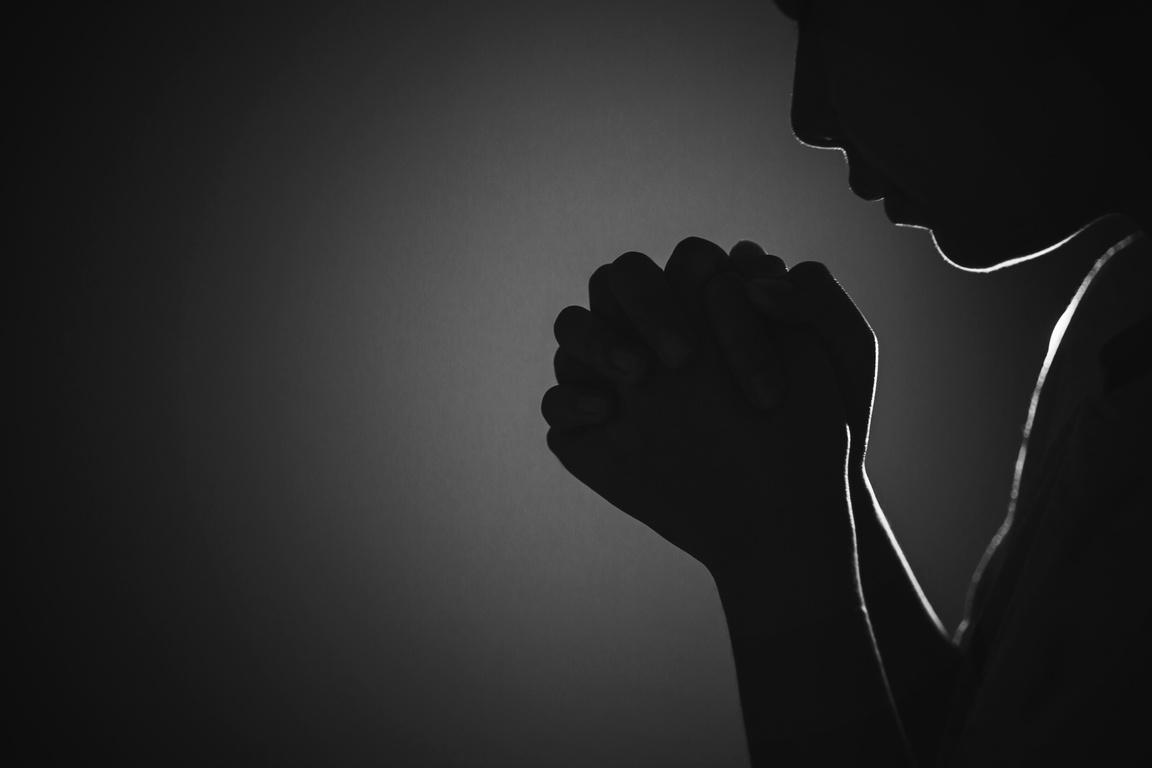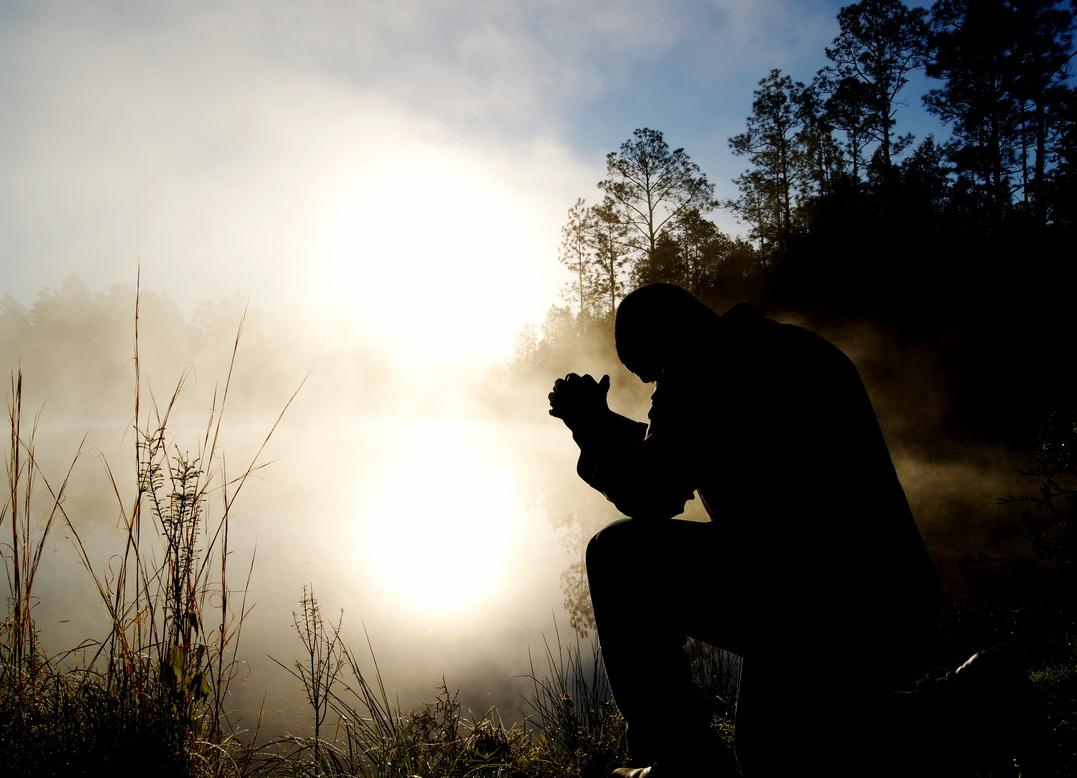




Pro Allies is a support organization designed to bring all military and military veterans, law enforcement, fire, emergency medical professionals, and their immediate families together in safe environments to offer support to one another. Support opportunities are offered as face to face support groups, online groups, and through a variety of social media platforms.
All invited to attend Pro Allies activities have dealt with, or are currently dealing with, scenarios that would shake most of the general population to their core. Our families often feel and deal with our struggles in a variety of ways We are natural protectors This is a reason why we all answered the call to "Serve". Our protective nature sometimes makes it hard for us to share with others as we do not wish to cause others harm


Rev. Rodney Gasaway is an ordained Clergy in the United Methodist Church. He is serving at two congregations as well as a volunteer chaplain for the Veterans of Foreign Wars and the Chelsea Area Fire Authority. His expertise is in community engagement, missions, and outreach. Rev. Gasaway graduated from seminary with a Masters Degree. He has continuing education certifications in Ecumenical and Interreligious Training, Pastoral Care, and PTSD Counseling.
Rev. Gasaway proudly served in the Navy. Rodney served as a nonprofit Director for nearly a decade before serving at local congregations. After meeting and speaking with multiple veterans and first responders, Rodney founded Pro Allies, a grassroots nonprofit that offers support groups the opportunity to serve one another, caring for those dealing with challenging personal and professional issues. In total he has nearly 20 years of full-time ministry experience.
Rodney Gasaway FounderPRO ALLIES is a support group, not a licensed therapy group. The following ground rules are established to facilitate an environment of trust and enable us to freely share our thoughts and feelings with each other.
Confidentiality is priority. What is shared in the group is not to be repeated or discussed at any other time or place
We do our best to be accepting, understanding and non-judgmental.
We will give each speaker our supportive attention and avoid side conversations and interruptions.
We will not tolerate violent or aggressive behavior, hate speech or foul language.
We start and end our meetings on time.
Please refrain from cell phone use. Due to confidentiality, photos and video are prohibited.
Loving spirit, we come to you today asking for your wisdom and guidance as we begin this meeting. Help us engage in meaningful discussion as we share our thoughts and feelings with each other. Help us nurture the bonds of our Pro Allies community. Bring safety, support and strength to all in attendance. We pray this trusting and believing in you. Amen.

Prepare yourself for the meeting
Gather supplies (notebook, pen, documents, etc)
Brainstorm possible topics for discussion
Go over any notes from prior meetings
Have announcements or handouts ready
Prepare the room for the meeting
Arrive 20 meetings early to arrange the room
Arrange chairs in a circle large enough to accommodate wheelchairs or those who may arrive late
Start the meeting
Greet attendees
Call the meeting to order on time
Simple phrasing like “let’s get started” or “why don’t we begin?” is adequate to being the meeting
Give preliminary introductions and instructions
Briefly introduce yourself and your connection to PRO ALLIES
Make any necessary announcements
Explain the ground rules of a PRO ALLIES meeting (see page 2)
Ask each attendee to introduce themselves, along with a little information about their profession and why they were interested in joining the group
Begin the group discussion by either by touching on something that was mentioned by one of the attendees or by bringing up a prepared discussion topic
During the meeting
Help keep conversation active and on topic If there is a lull in conversation, refer to page of this handbook for discussion prompts
Answer questions and make sure everyone has an opportunity to share if they choose to do so
End the meeting at the agreed upon time. A simple statement of “that’s our time for today” or “I think we ’ re going to end here” will let attendees know that the meeting is ending
Briefly summarize the topics that were discussed and Highlight any positive observations or solutions that came up.
Ask for additional comments or questions: Check to see if anyone in the group has anything to add. Remind members about the next meeting, citing date, time and place
Share resources for those that may need additional support
Thank everyone for coming and encourage them to come again
Share the closing prayer to officially end the meeting
Facilitators: Shortly after the meeting, make some brief notes about what was discussed while it's fresh in your mind. This information can be used to jump-start the next meeting. Keep any notes on the group in a safe place to insure confidentiality.
Loving spirit, we ask you to watch over and protect our nations military members and their families. We ask you to watch over and protect our police, firefighters, EMT’s and their families. Give them courage, hope and strength as they navigate these demanding professions. We thank you for this opportunity to meet and share our thoughts and feelings with each other. We ask you bless those seeking help and guidance in our Pro Allies community and beyond. We pray this trusting and believing in you. Amen.

What is the hardest part of being a military/police/fire/EMT family?
What advice would you have for fellow service members or first responders?
What is the most important thing you ’ ve learned in your profession?
Who do you lean on for guidance or support in your profession?
What do you like most about being a service member/police officer/firefighter/EMT? What do you like the least?
In which branch of military did you/do you serve and why did you choose that branch?
Describe a difficult experience you shared with a fellow comrade.
How did/does military life affect your mental health?
How did you decompress after a tough situation?
How many years have you been a member of law enforcement?
Describe a difficult experience you shared with a fellow officer.
How has being a police officer affected your mental health?
What inspired you to become a police officer?
What is the hardest thing about being a firefighter?
How do you deal with tough situations on the job?
How do you keep morale in the firehouse?
How do you deal with the mental stress of being a firefighter?
How long have you been an EMT?
How do you deal with difficult calls?
How does being an EMT affect your mental health?
What are some ways you decompress after a shift?
What inspired you to become an EMT?
DISCLAIMER:
PRO ALLIES IS NOT COMPRISED OF LICENSED THERAPISTS OR MENTAL HEALTH PROFESSIONALS THE PURPOSE OF THIS GROUP IS TO PROVIDE A SAFE SPACE FOR INDIVIDUALS TO SHARE THEIR EXPERIENCES AND PROVIDE MUTUAL SUPPORT
IT IS IMPORTANT TO NOTE THAT IF YOU OR SOMEONE YOU KNOW IS CURRENTLY IN DISTRESS OR EXPERIENCING A MENTAL HEALTH CRISIS, WE STRONGLY RECOMMEND SEEKING HELP FROM A LICENSED
THERAPIST, COUNSELOR, OR MENTAL HEALTH PROFESSIONAL. THEY ARE TRAINED TO PROVIDE THE APPROPRIATE SUPPORT AND ASSISTANCE NEEDED IN SUCH SITUATIONS.
WHILE MEMBERS OF OUR GROUP MAY OFFER EMPATHY, UNDERSTANDING, PRAYER, AND PERSONAL EXPERIENCES, IT IS NOT A SUBSTITUTE FOR PROFESSIONAL HELP. PLEASE PRIORITIZE YOUR WELLBEING AND REACH OUT TO A QUALIFIED PROFESSIONAL FOR ASSISTANCE IF NEEDED.
BY PARTICIPATING IN THIS SUPPORT GROUP, YOU ACKNOWLEDGE THAT YOU HAVE READ AND UNDERSTOOD THIS DISCLAIMER
Veterans Help Lines
Dearborn: 313-277-1428
Detroit: 313-822-1141
Escanaba: 906-233-0244
Grand Rapids: 616-285-5795
Macomb Co: 586-412-0107
Pontiac: 248-874-1015
Saginaw: 989-321-4650
Traverse City: 231-935-0051
IF

